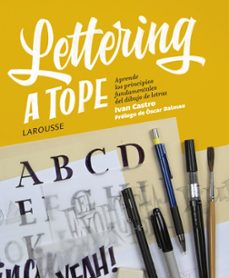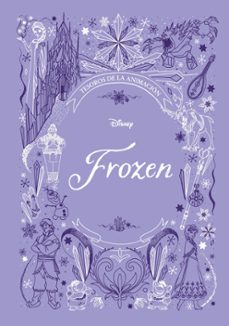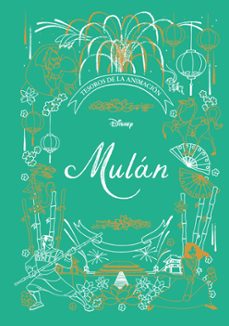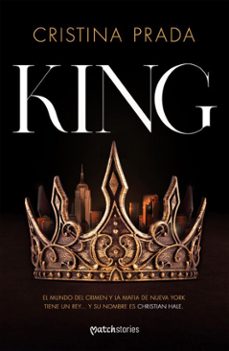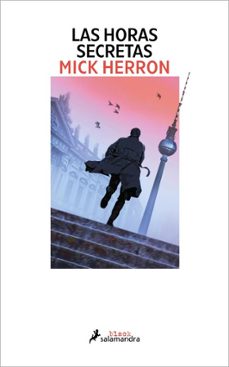📱 eBook MONSTER HIGH - MONSTRUOAMIGAS PARA SIEMPRE
ALFAGUARA- 9788420403588
Sinopsis de MONSTER HIGH - MONSTRUOAMIGAS PARA SIEMPRE
¡Los monstruos mandan en Monster High!
Es el primer día de estudios cadavéricos para Rochelle, Venus y Robecca en Monster High, el famoso instituto solo para monstruos. Las chicas se convierten en monstruoamigas mientras averiguan cómo llegar desde Literatura Macabra hasta Ciencia Loca y se hacen amigas de Frankie y eneamigas de Cleo. Pero ellas no son los únicos monstruos nuevos: la profesora de Susurro de Dragones, Silfidia Alada, y su ejército de troles vigilantes de pasillos se han unido al personal del centro.
Cuando los demás alumnos empiezan a considerar a la señorita Alada como la profesora más vampitástica que jamás han conocido, las tres monstruoamigas descubren un complot para hacerse con el poder en el instituto.
¡Rochelle, Venus y Robecca tendrán que conseguir el espíritu monstruoso suficiente para salvar MONSTER HIGH!
Léelo en cualquier dispositivo

iPhone y iPad
Descarga la App de lectura Vivlio Casa del Libro para iOS. Es gratuita y está disponible tanto para iPhone como para iPad.

Android
Descarga la App de lectura Vivlio Casa del Libro para Android. Es gratuita y está disponible tanto para móvil como para tablet.

Tu navegador
Puedes leer los eBooks directamente con nuestro visor online, accediendo a nuestra web desde tu móvil o tu ordenador, sin necesidad de descargar nada. Accede a tu área de usuario y empieza a leer.

eReaders*
Puedes conectar tu eReader a tu ordenador y enviar el libro al dispositivo utilizando Adobe Digital Editions.
* Los eReaders de Amazon (Kindle) solo permiten libros de su propia tienda, por lo que no son compatibles.
Ficha técnica
Editorial: Alfaguara
ISBN: 9788420403588
Idioma: Castellano
Año de edición: 2012
Especificaciones del producto
App gratuita de lectura Tagus
Ahora tu lectura es multidispositivo, con la App de Tagus, puedes tener todos tus libros en tu tablet y smartphone. Aprovecha cualquier momento para seguir disfrutando de las lecturas que más te gustan.
Escrito por Gitty Daneshvari
Opiniones sobre MONSTER HIGH - MONSTRUOAMIGAS PARA SIEMPRE (EBOOK)
¡Sólo por opinar entras en el sorteo mensual de tres tarjetas regalo valoradas en 20€*!

